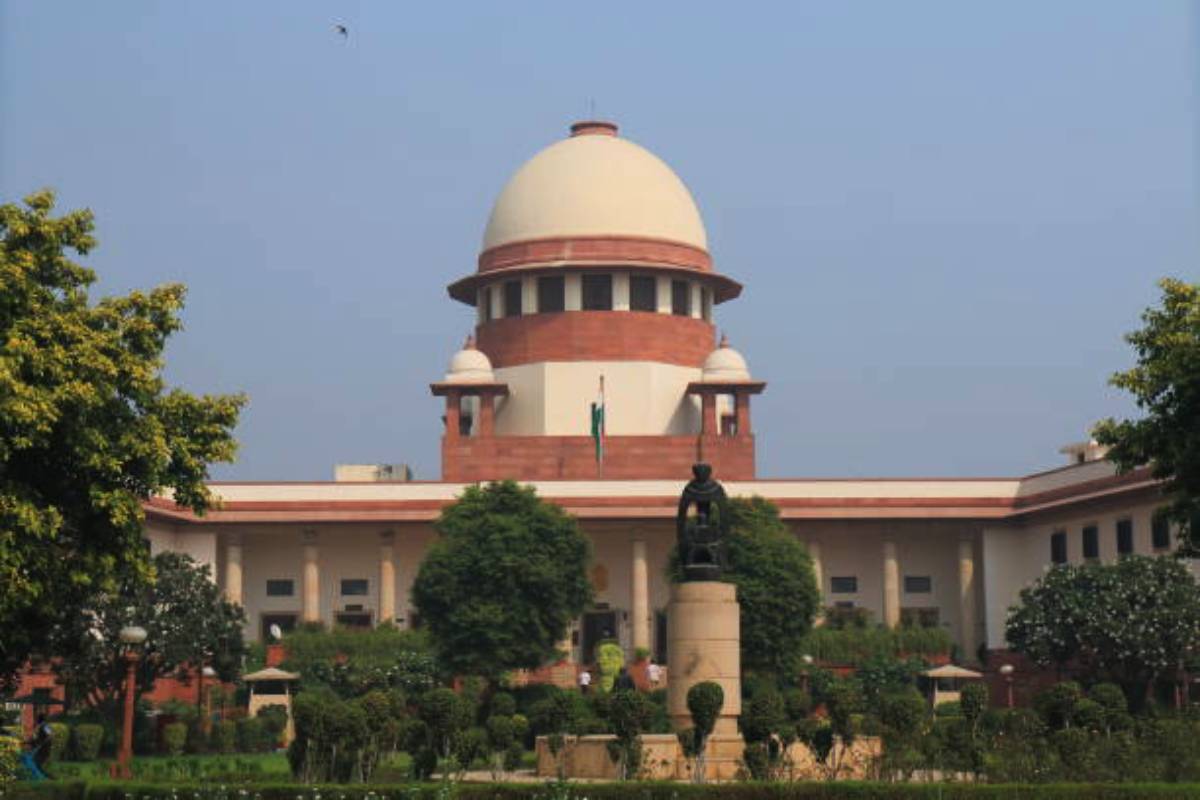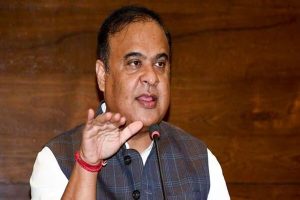The Supreme Court of India is holding a two-day National Conference of the District Judiciary on August 31 and September 1, 2024, to deliberate on judicial infrastructure and human resources, judicial scrutiny, case management and other related issues and the conference will be attended by more than 800 participants from all the States and Union Territories.
Prime Minister Narendra Modi will inaugurate the conference and will also be releasing a Coin and Postage stamp to commemorate 75 years of the establishment of the Supreme Court.
President Draupadi Murmu, will deliver the valedictory address on September 1 and will also unveil the flag and insignia of the Supreme Court.
The Judges of the Supreme Court, Chief Justices of High Courts, and other judicial officials of the Supreme Court and the High Courts will be participating in the conference.
The National Conference on the District Judiciary will have six sessions devoted to “Infrastructure and Human Resources”, “Judicial Security and Judicial Wellness”, “Case Management”, “Courtrooms for All”, “Judicial Training – Curriculum and Methods”, and “Bridging the Gap” to encourage a discussion on how the High Courts and Supreme Court can support the needs of the district judiciary in a holistic manner.
The sessions will be spread over two days.
The session on “Infrastructure and Human Resources” aims to explore ways to enhance the infrastructure and human capital for the district judiciary, stated the press statement issued by the Supreme Court.
The session on “Courtrooms for All” will include presentations and discussions on the need for accessibility and inclusivity within the district judiciary and the need to ensure safe and equitable access to justice for the marginalised communities, it added.
The “Judicial Security and Judicial Wellness” will also be discussed to address the safety concerns for judges and several well-being initiatives.
The second day will have a session on “Case Management” to discuss strategies for efficient case handling and reduction in pendency. “Judicial Training – Curriculum and Methods” will also be deliberated upon to enhance the training programmes for judges.
A statement issued by the top court said: “This conference presents an invaluable opportunity for all stakeholders within the judiciary to come together and engage in a meaningful dialogue to address the challenges faced by the district judiciary. By working in unison, with a shared sense of purpose and responsibility, the conference will help ensure that the delivery of justice is timely, fair, and accessible to all citizens. This conference will play a crucial role in enhancing the future of judicial administration in the country.”












